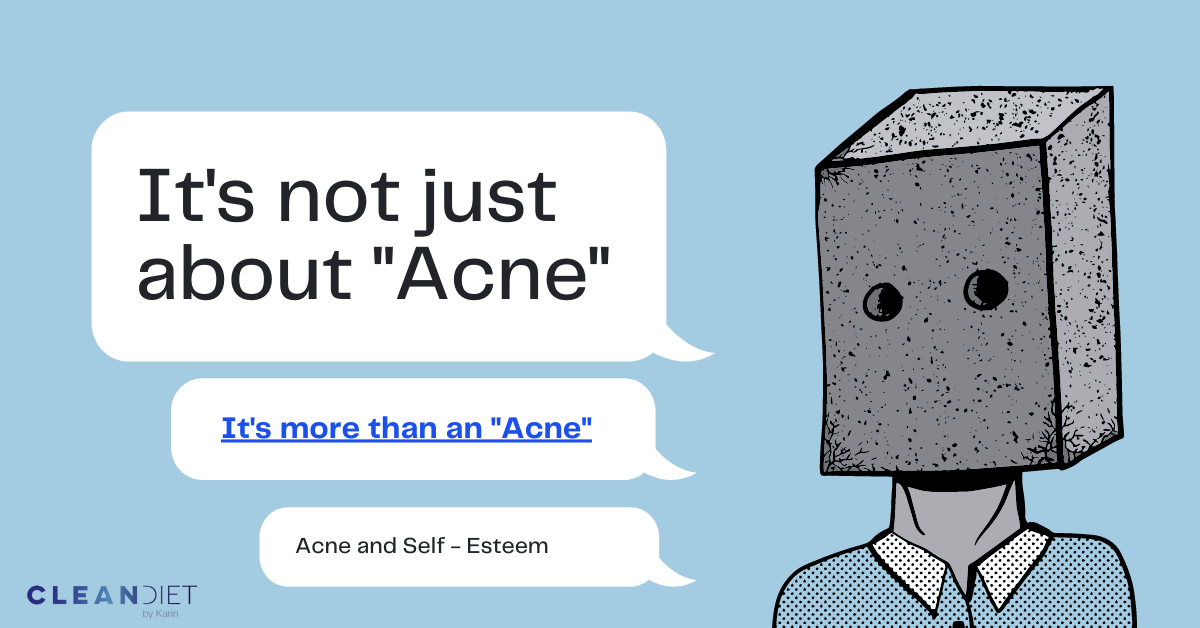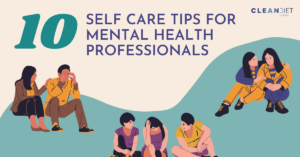Acne! Acne! Acne! It is one of the common skin disease that a dermatologist can easily treat. Based on the American Academy of Dermatology Association, it is said that acne vulgaris affects up to 50 million Americans annually, wherein 85 percent of people are between 12-24. Although it takes time, acne is harmless and easy to be treated; however, despite how skillful the dermatologists are – acne can sometimes cause irreversible psychological damage. For people who suffer from this, battles along with psychological war actively influence their self-esteem. It may be something that their families and friends can never fully understand.
Our society puts an excellent emphasis on appearance; with the rise of selfies, filters, and make-up, people strive to have this “perfect skin.” Everyone has something about themselves that they are not too keen on—whether it is the shape of your nose or how thick your thighs are. But because acne’s sweet spot is the face, it is something that people can’t easily hide.
Acnes are expected, and the cause of their appearance can be due to genes, lifestyle, eating habits, environment, and countless more external factors – believe me when I tell you, It is not your fault that you have acne.
Common emotions about having acne included feeling:
-
- embarrassed, awkward, and self-conscious
- Having low self-esteem
- frustrated and annoyed
- scared
- nervous
- Decreased quality of life
- stressed and irritated
- confused
let me tell you this –
Feeling down now and then is normal, especially if you’re undergoing puberty. But if these feelings persist and interfere with the quality of life, don’t hesitate to see a therapist who offers counseling and support.
Real Stories from Real People (Credits to Healthtalk.org)
Meet Chris: Chris describes how having acne wore him down.
“I suppose at the start; it’s kind of like, you kind of sort of learn to cope with it and then eventually it just sort of wears you down, and like you wake up, and the first thing you do is like, look in the mirror, and like, you know, see what the sort of damage is.”
Meet Yi: Yi felt depressed and hopeless.
Harriet was “quite shy” and found having acne drew unwanted attention to her. She explained that “when you’re a teenager, you already feel like everyone’s looking at you anyway. And then when you’ve got a definitive reason why they might be looking at you, it just makes it so much worse.”
Yi and Chris and not the only ones who suffered from psychological scars due to acne – Somewhere, someone is silently suffering. As society strives for the “perfect body, perfect world, and perfect skin,” having blemishes can knock confidence and self-esteem.
What Can I Do?
Suppose you are suffering from the psychological pains of having acne. Remember that acne doesn’t need to rule your life. The primary step is to seek help immediately. The treatment itself can help develop a more positive outlook in life, whether or not you’ve struggled with acne for years.
Find a dermatologist who cares and is willing to deal with the emotional issues that go together with acne. Referral dermatologists are the best. Be honest and let her know if acne is considerably affecting your self-esteem, interfering along with your social life, or making you’re feeling depressed or anxious. I can bet that it won’t be doc’s first rodeo.
If you know someone who experiences emotional distress due to acne.
It’s important to remember that “The longer acne lasts, the worse the emotional symptoms might be,” says Lindsay Macchia, Ph.D. associate psychologist at the Mood Disorders Center and Anxiety Disorders Center at the Child Mind Institute. Be their support system, understand what they are going through can help dispel feelings of isolation and hopelessness.
If you can, encourage them to see a dermatologist; after all – science says that most victims, especially teens, 70 percent refuse medical help due to “shyness”; they prefer to seek DIY treatment available on the internet. Be aware that many acne forums are outdated and offer advice that is no longer true. Some users may also market untested acne “cures” that are not only useless but potentially harmful.
Karin’s Word:
Taking steps to nurture yourself while treating your skin can help bolster your self-image and buoy your self-esteem. “Know your enemy” Understanding what acne is, what triggers it, and how to treat it will benefit you as you go along. In addition, diet can affect hormones, so building a good diet and living a healthy lifestyle helps a lot!






